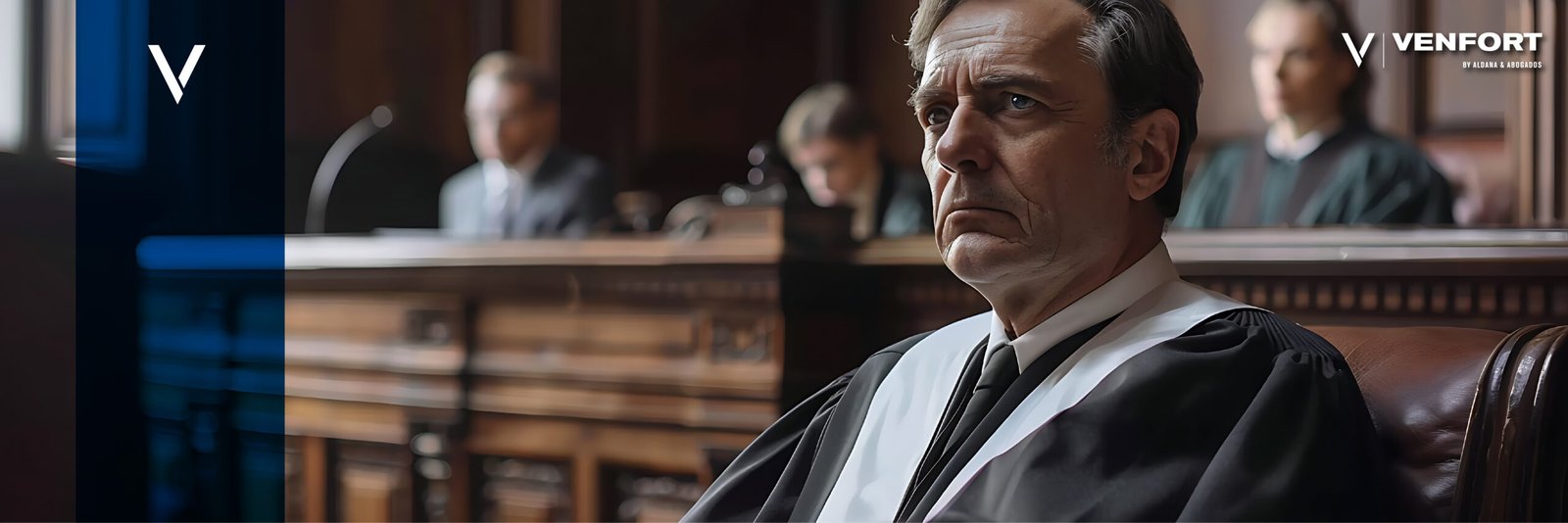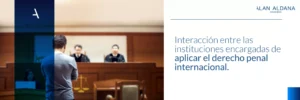At the International Criminal Court (ICC), the closure of the investigation phase marks a turning point for those under investigation. This stage can culminate in various resolutions that will define the course of the case and the impact on the lives of those involved, ranging from the closure of the investigation to a formal indictment. Understanding these possible resolutions and their implications is crucial to prepare and take the necessary actions.
This article analyzes the most likely scenarios at the close of an ICC investigation and how they affect those under investigation, especially senior officials.
What happens at the close of the investigation phase?
The investigation phase at the ICC seeks to gather sufficient evidence to determine whether there are reasonable grounds to proceed with a case. Once completed, the Office of the Prosecutor may choose to:
Research archive
If the prosecution concludes that there is insufficient evidence to support the charges, it may decide to close the case without filing charges. This can happen for a number of reasons:
- Insufficiency of evidence.
- Evidence that does not meet admissibility standards.
- Interests of justice justifying the closing of the case.
Filing of a formal accusation
If the prosecution believes the evidence is sufficient, it may apply to the Pre-Trial Chamber for confirmation of charges. This initiates a formal trial and may lead to the issuance of arrest warrants or subpoenas.
Impact of each resolution for the investigated parties
1. Archive of the investigation
The closing of an investigation is the most favorable outcome for those under investigation, but it is not without its nuances:
- Reputational impactAlthough the file implies the end of the investigation, the public implications of the case may have caused irreversible damage to the reputation of the person under investigation.
- Possibility of reopeningThe Prosecutor's Office may reopen the investigation if significant new evidence emerges. This means that those under investigation must continue to act with caution even after closure.
RecommendationIt is crucial to properly manage communication after the case has been filed, emphasizing innocence and collaborating with reputation management experts to repair any damage to the image.
2. Formal accusation
Formal indictment is the most challenging scenario, as it entails the initiation of a trial before the ICC. Consequences include:
- Legal and mobility restrictionsInternational arrest warrants or precautionary measures limiting their international movements may be imposed on those under investigation.
- Emotional and financial burdenThe preparation of a defense in an international trial requires significant resources, both financial and psychological.
- International reputation: Being the subject of an ICC indictment has an immediate impact on public perception.
- RecommendationIn this scenario, it is essential to build a strong defense that combines expertise in international criminal law, diplomacy and strategic communication.
How to prepare for the closure of an investigation
Constant process monitoring
It is critical to stay abreast of the progress of the investigation and possible decisions by the Prosecutor's Office. Having a legal team with access to up-to-date information can make all the difference.
Preparation of a plan for each scenario
A proactive approach involves having strategies designed for both the possibility of filing and the eventual prosecution. This includes:
- Collection of exculpatory evidence.
- Preparation of public statements in case of archiving.
- Planning a comprehensive defense in case of indictment.
Reputation management
Public perception can be both an asset and a challenge. Investing in appropriate communication strategies can minimize the impact of a parallel judgment of public opinion.
Comprehensive advisory services
Defense before the ICC is not limited to legal aspects. It is important to collaborate with experts in diplomacy, international relations and human rights to address all angles of the case.
Final reflection
The closure of an ICC investigation represents a critical moment that can define the future of those under investigation. While closure is the most favorable scenario, the risk of a formal indictment underscores the need to be prepared.
At Venfort LawyersIn addition to having a team accredited to practice before the international tribunal, we offer comprehensive and personalized advice to those facing ICC proceedings. Our approach combines legal expertise, diplomatic strategies and careful reputation management to protect our clients' interests at every stage of the process.
If you are facing an international investigation, contact us for a confidential consultation. We are here to ensure that your rights are protected.













